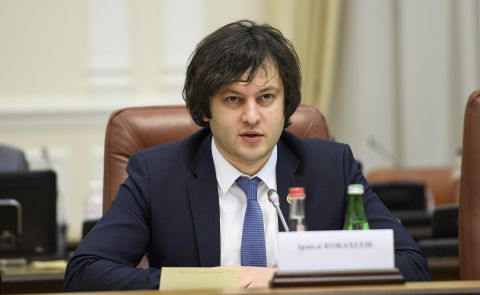
Political crisis in Armenia: Kocharyan announces that he will run in the next parliamentary elections; Church insists on Pashinyan’s resignation
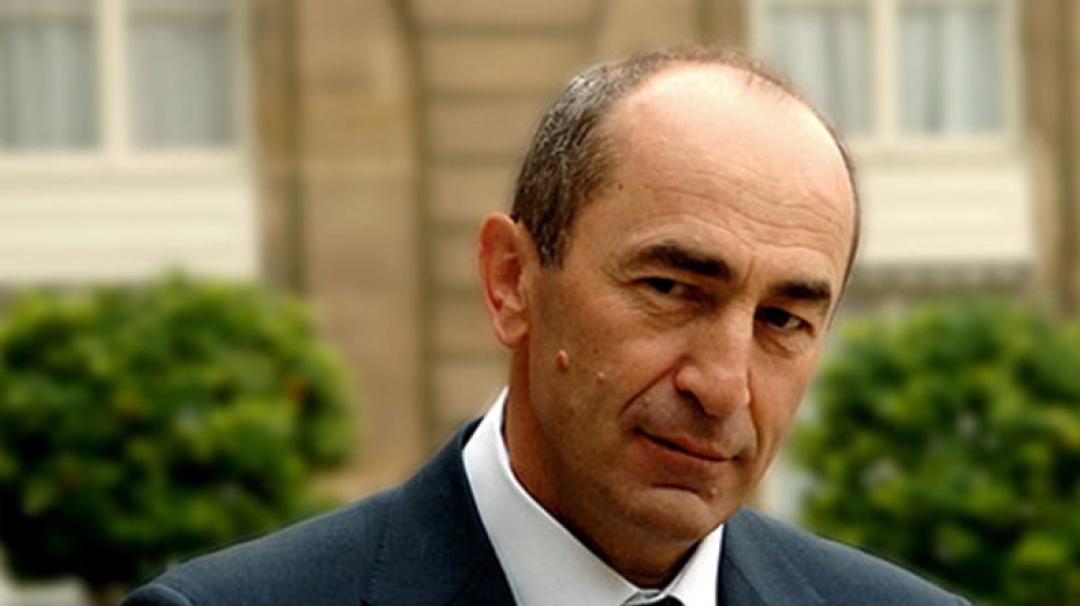
On 27 January, Armenia’s former President Robert Kocharyan announced that he would take part in the early parliamentary elections in the country whenever they take place.
“We have the necessary tools and a team for the political struggle. As for the elections, it would be better to have a time lag… for stabilising the situation and holding snap elections in a much calmer atmosphere. Because holding early elections today amid the ongoing contradictions, ambiguity, lack of answers to many questions would be really dangerous. And I will definitely take part in them,” he stated in a television interview. “I think it’s right to participate. Otherwise, we will give these people in power the opportunity to reinstall it. I understand all the problems associated with this issue, the likelihood of falsifications, doubts about legitimacy. But I still don’t think it is right to leave these people alone with the public. Therefore, yes, we will take part and win. We will fight and win," he added.
Kocharyan addressed other issues as well, including the meeting of Armenia’s Prime Minister Nikol Pashinyan and Azerbaijan’s President Ilham Aliyev in Moscow and the results of the meeting. “I would not consider that meeting “trilateral” there were two and a half sides, or maybe two and one-quarter. If they had put a picture of Pashinyan, maybe there would have been a bigger result; at least there would have been some impression of mystery. Now Azerbaijan has resolved the issue of territories by force. We [Armenia], in fact, have nothing in exchange for which Azerbaijan has to discuss the issue of the status of Nagorno-Karabakh. This means one thing: Azerbaijan considers the issue resolved, and we have entered the final stage of the settlement of the issue,” he emphasised.
While speaking on the possibilities of reopening the transport links between Armenia and Azerbaijan, Kocharyan said that it would contain certain risks. “First, of course, it is good that the road opens. Now, what are the possible consequences of opening the road? First, it is a big question whether it will be opened or not. The Meghri section will be controlled by the Russians, we will not have any influence on the remaining 850 km, of which 47 km is the Meghri section. Azerbaijan can pursue such a tariff policy that it becomes meaningless for us to use it. At that time, the blockade even helped us to develop our agriculture and processing industry. What can be achieved as a result of the work of the railway? Our agriculture and processing industry compete with Azerbaijan, which has cheap fuel, and Turkey subsidises agriculture on a huge scale. And in the short and medium term, this will hit our agriculture and processor; we must realise this. Drastic steps will be needed to protect our market. The subsidy policy must be changed, otherwise we will be uncompetitive. Hundreds, thousands of farms may be destroyed, and hundreds of businesses will become useless,” he said.
Finally, Kocharyan spoke on the border demarcation process between Armenia and Azerbaijan, with the special emphasis on the events in the Syunik region. “What is happening in Syunik Province is just a disgrace. There are sections there where an Azerbaijani can change his car’s license plate, drive to Yerevan, turn around and go back, and nowhere will he be stopped and asked, “Who are you?” “For what purposes are you here?” he stated. “It seems the state has nothing to do with it, as if you are a observer from the margins. In the Shurnukh village of Syunik, when it was announced that by the verbal agreement of the prime minister of Armenia with Azerbaijan, some Armenian houses shall be handed over to Azerbaijan, not the Azerbaijanis should come and tell that villager has 24 hours to leave your house, but our official should go too, kneel before the villager, and apologise, our state must relocate them,” he added.
“Syunik revealed the current disgraceful situation in which Armenia is. Anything is expected from this Armenian government. When goals, steps are unpredictable and you cannot build that logical chain from the point of view of your national interests, anything is possible,” he concluded.
Kocharyan was not the only person who publicly spoke against Pashinyan and his government. The Catholicos of all Armenian’s Garegin II reiterated his call for Pashinyan to step down from his post. “There is no change in our convictions and positions,” he said. Garegin again insisted that the church, to which the vast majority of Armenians nominally belong, is not meddling in politics or siding with opposition forces trying to topple the government. “The church is guided by national and state interests, and if the church’s position is in tune with the views of one or another political faction that must not be construed as a church bias in favour of a particular political party. The church is above politics,” he stressed.
See Also

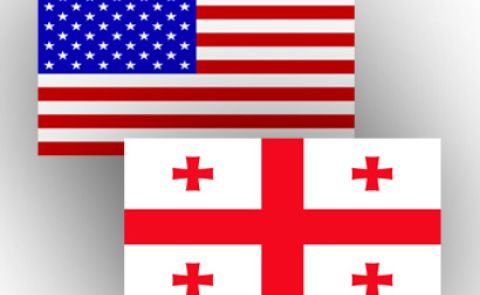
Kobakhidze Meets US Senator Daines to Discuss Bilateral Relations
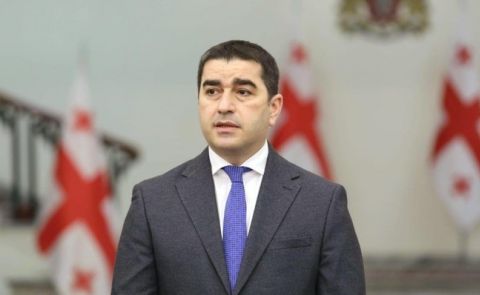
Georgian Speaker Condemns Embassy Travel Warnings as Economic Attack
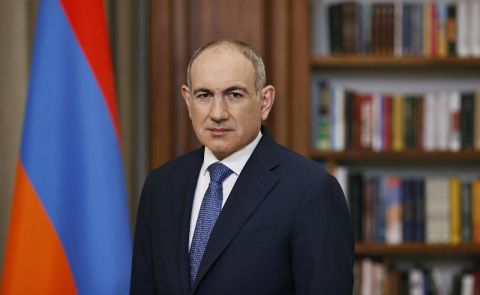
Political Crisis Deepens Between Armenian Government and Apostolic Church After Pashinyan’s Remarks
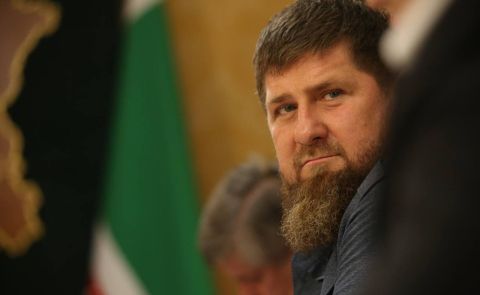
Ramzan Kadyrov Awards Title to Ingush Businessman

